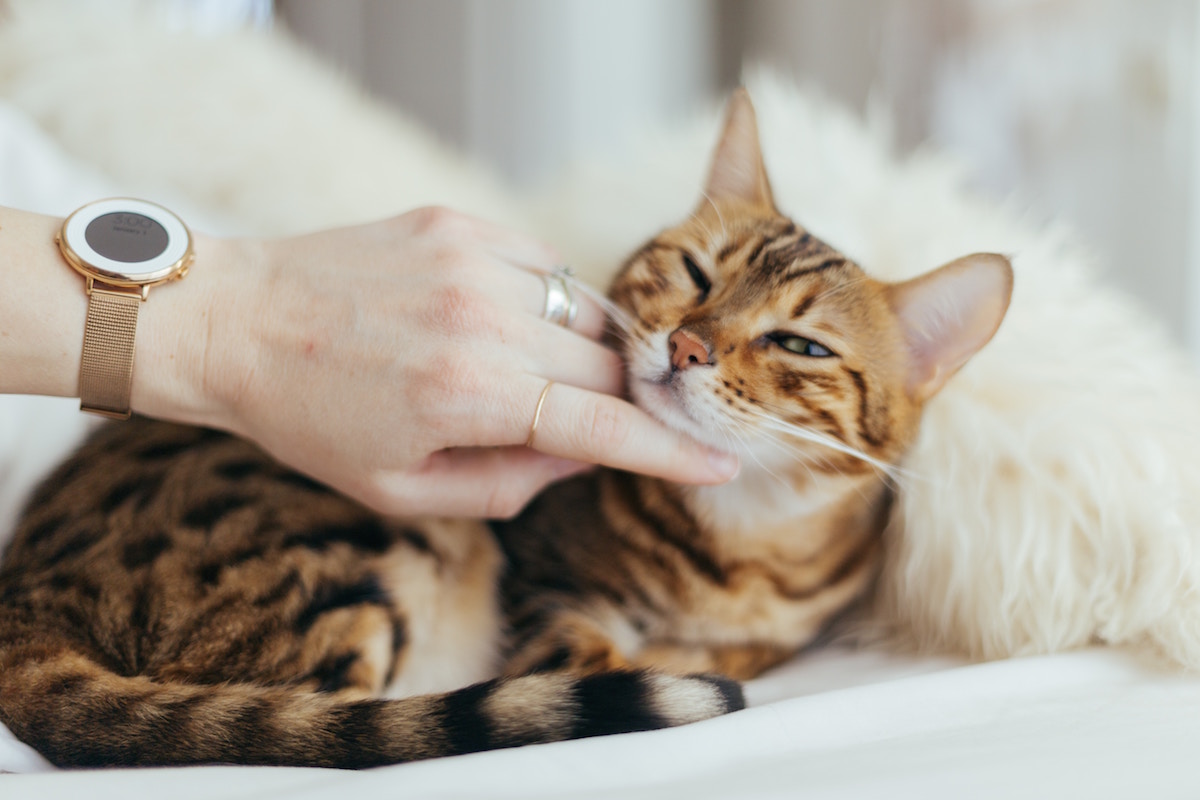Cats Protection Launch Purrfect Landlords
They say that having a pet in your home is good for your health, and we couldn’t agree more.
Pets make you feel safe, loved and offer this warmth feeling as you return home from work. But when you rent, it’s not always easy to own a pet. With research showing that less than half of private rented housing allows for pets, and over a third of UK households living in rented access, it’s no surprise that it’s one of the top five reasons why cats are handed into adoption centres to be rehomed.

The charity Cats Protection have launched Purrfect Landlords, offering free guidance and promoting the benefits of living with cats, to both landlords and letting agents, and tenants.
The charity’s head of advocacy and government relations, Jacqui Cuff, explains that many landlords don’t have pet policies, meaning they won’t allow pets. Cats Protection want more landlords to have responsible pet policies, including limiting the number of cats to two and requiring the cats to be neutered and microchipped.
Jacqui also added that they speak to many renters who state most adverts have ‘no pets’, and the reason is normally simple, with it just being habit. But with more and more people now renting, this means that landlords are missing out on a huge pool of responsible tenants, who would treat properties as a valued home. And with a pet cat helping tenants to feel happier and more likely to stay for longer, this in turn, is good news for landlords.

Cats Protection have some suggested tips for landlords who are wanting to advertise their property as ‘pets considered’, ensuring that landlords can make their decision once they’ve met their potential tenant.
- Ask owners about their cat: Get the tenant to put together a ‘Pet CV’ to find out more about their cat, including vet records and any details of the cat’s character.
- Request to meet the cat: This gives the chance to reassure about the suitability of the cat and their owner for the property
- Create a standard responsible and reasonable pet policy or clause: this should require cats to be neutered, microchipped, vaccinated and treated for fleas. Cats Protection offer examples and links here.
There is also advice on Cats Protection for tenants, who already have a cat however are having trouble finding a rented property.
- Pick up the phone: Whilst many adverts may state ‘no pets’, in some cases landlords might be flexible once you approach them. Explain the situation, reassure them you’re a responsible owner and that your cat has been neutered and microchipped etc.
- Put together a Pet CV: Similar to the landlord request, including vet records, details of your cat’s character and how they spend their time. There are examples and links here.
- Ask for help: If you need to move and haven’t found a property, try asking a friend or family member if they can temporarily look after your cat.
Whilst this isn’t always possible, and some landlords still won’t allow for pets, Cats Protection offer great help and advice on their website for both tenants and landlords.
And if you’re able to take your furry little creature to your next property, check out our 10 tips to make sure living with pets and flatmates works out...



